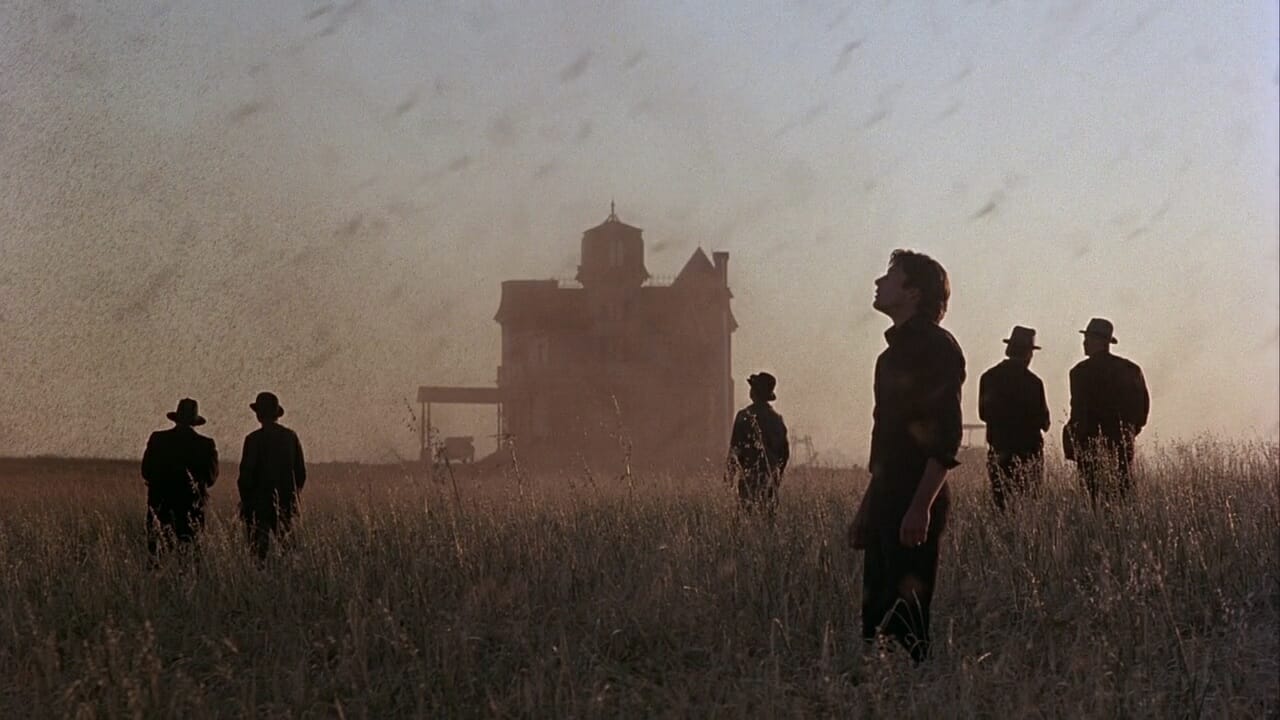-
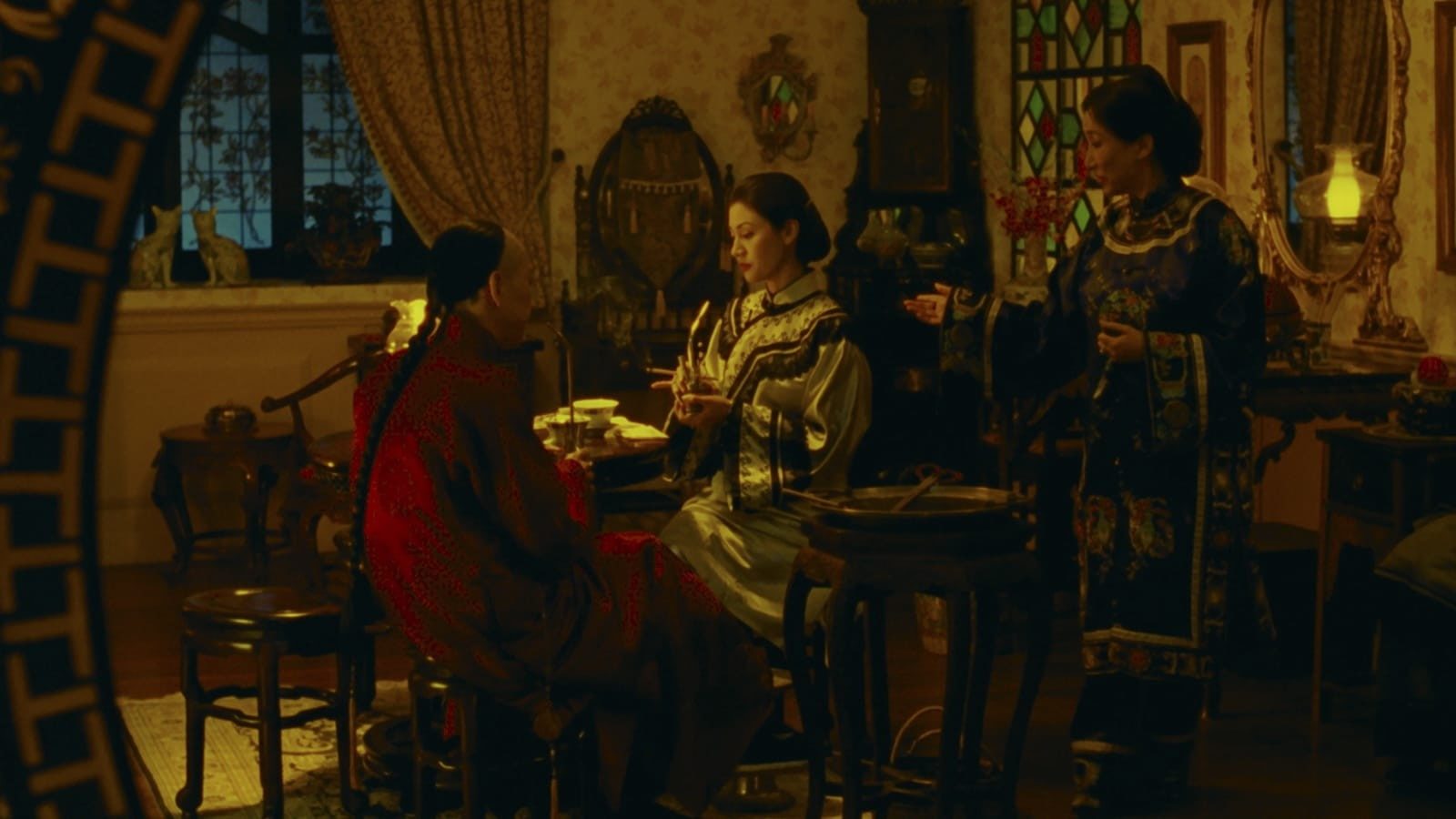
Flowers of Shanghai (1998)
Nineteenth century China has never felt so tangibly cinematic as it does in Flowers of Shanghai, examining the blurred boundaries that lie between sex and business in its most frequented pleasure houses, and positioning us through Hou Hsiao-hsien’s floating camera and elliptical structure as silent observers of its sharply gendered politics.
-
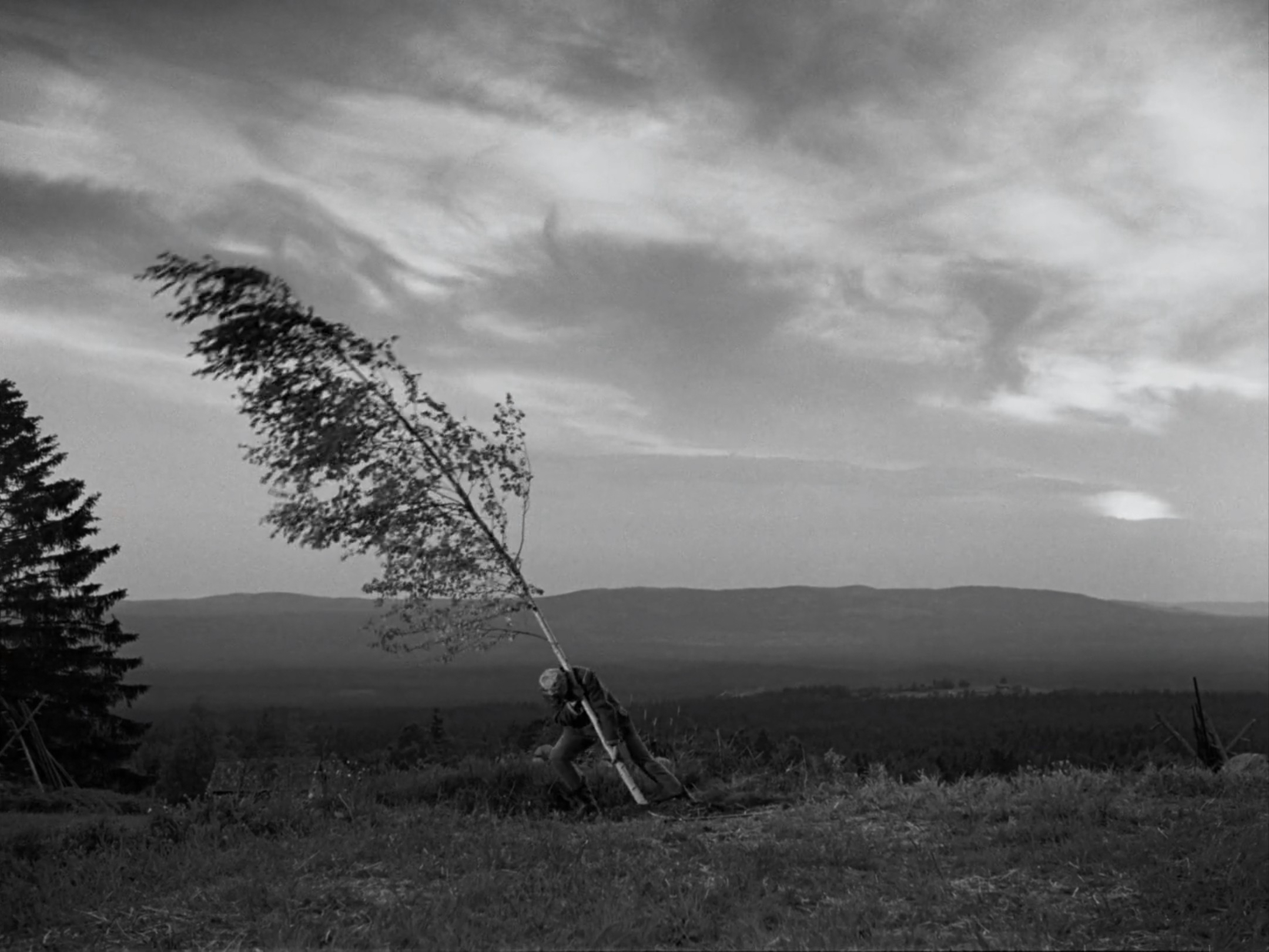
The Virgin Spring (1960)
Christian and pagan symbolism may be nothing new for Ingmar Bergman, but their manifestation in The Virgin Spring through such visceral violence is punishing even by his standards, thoughtfully considering in this parable of murder and revenge how virtue might survive our most guilty, godless instincts.
-
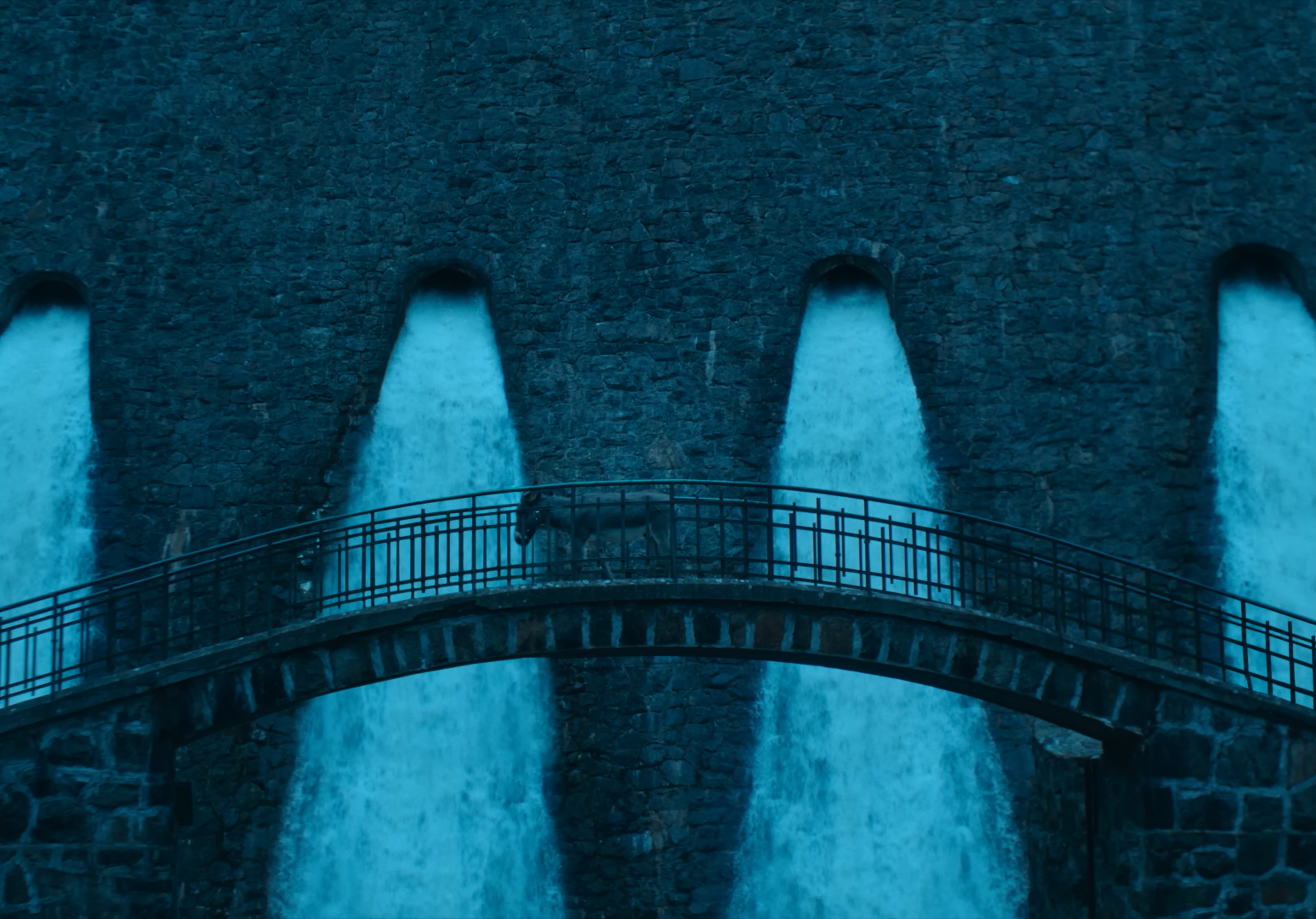
EO (2022)
Humanity has never looked as simultaneously kind and cruel as it does through the eyes of the world’s lowliest beast in EO, as Jerzy Skolimowski’s elliptical direction effortlessly drifts us along one donkey’s nomadic odyssey, unveiling profoundly graceful meditations on our most fundamental nature.
-
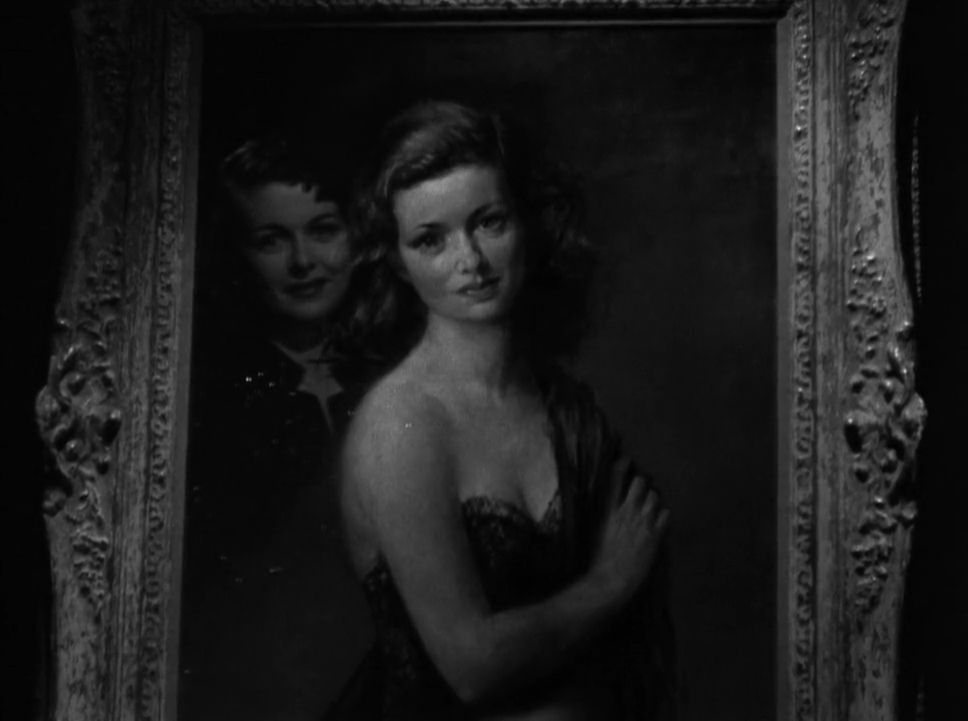
The Woman in the Window (1944)
The nervous mistrust built into the duplicitous narrative and motifs in The Woman in the Window speaks to film noir’s most classical archetypes, and in further literalising the genre’s expressionist nightmares Fritz Lang delves even deeper into one naïve professor’s dreams of seduction, murder, and subterfuge.
-
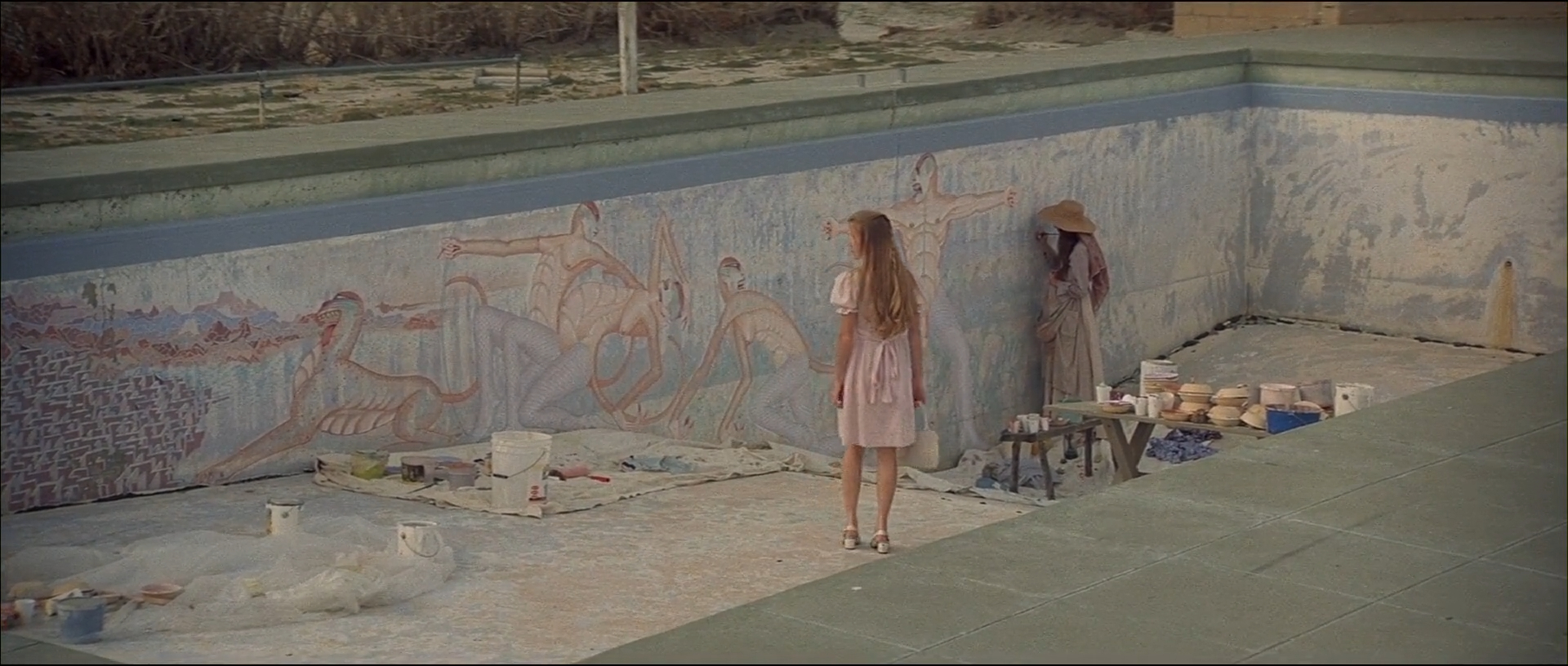
3 Women (1977)
The motifs of monsters and mirrors drawn through Pinky’s obsession with local popular girl Millie make for some powerfully abstract imagery in 3 Women, finding remarkable psychological tension in Robert Altman’s enigmatic blending of female identities, as well as in its setting of a modern culture where individuality is everything.
-
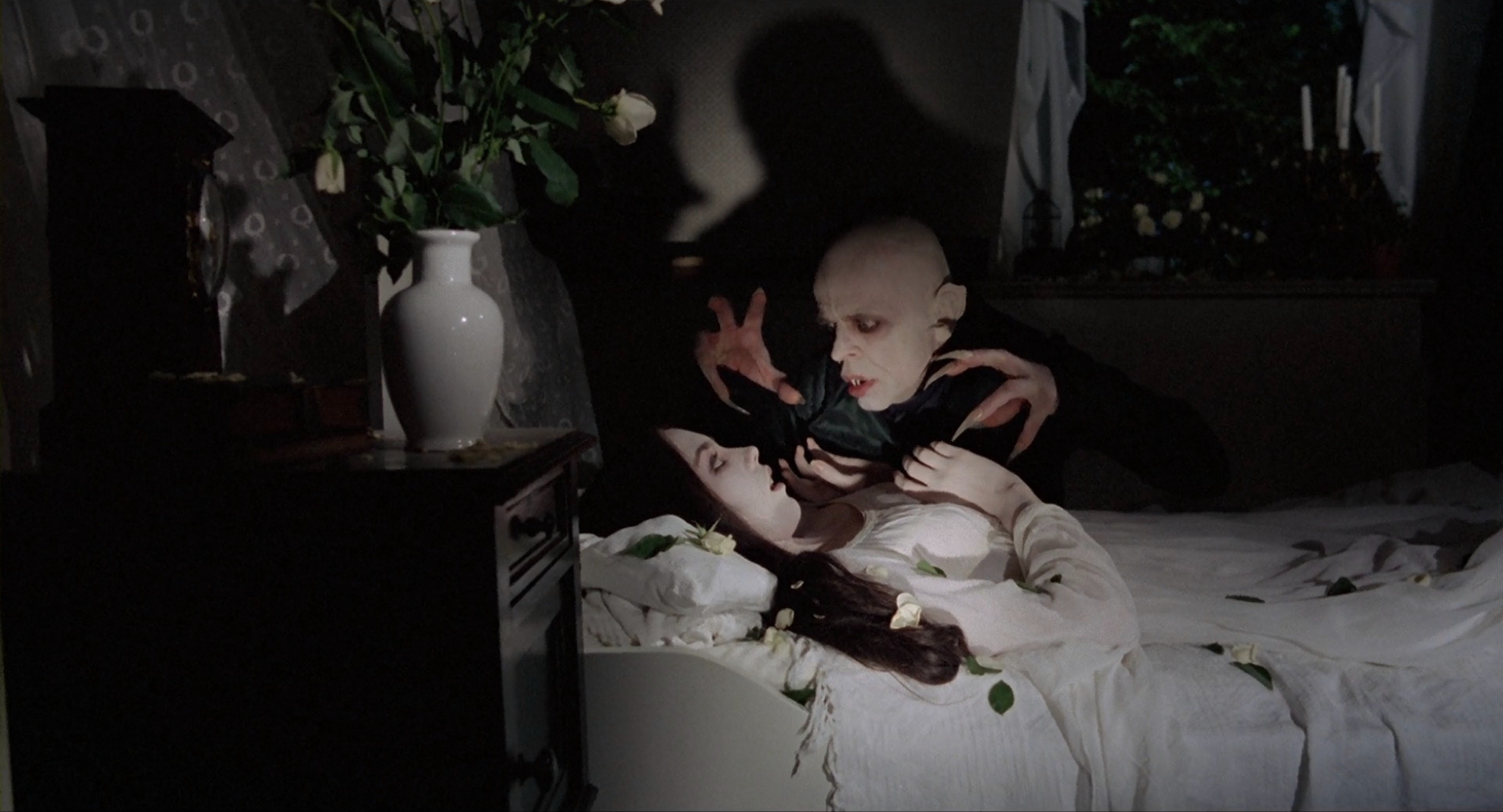
Nosferatu the Vampyre (1979)
Nosferatu the Vampyre may emerge within a long lineage of Dracula adaptations, and yet is infused on every cinematic level with Werner Herzog’s fear and awe at a godless world, lulling us into its slow-burn narrative which drifts by with tragic, hypnotic dread.
-
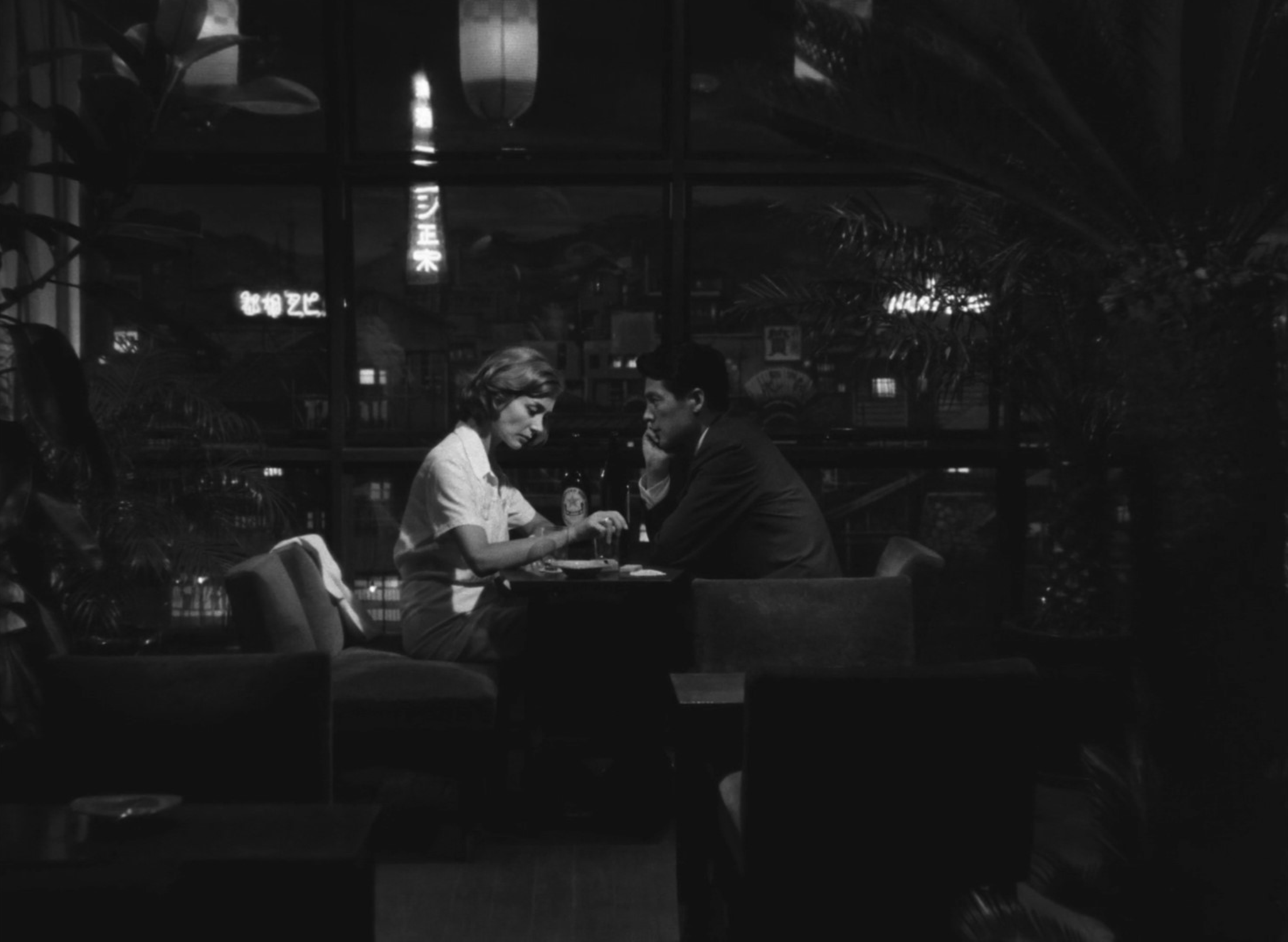
Hiroshima Mon Amour (1959)
Hiroshima Mon Amour is a film of intersections – past and present, France and Japan, man and woman, conflicting sides of a war – and through his elusive formal comparisons Alain Resnais draws a sharp divide down the middle of its central romance, ruminating over the subjective memories left behind in the wake of such…
-
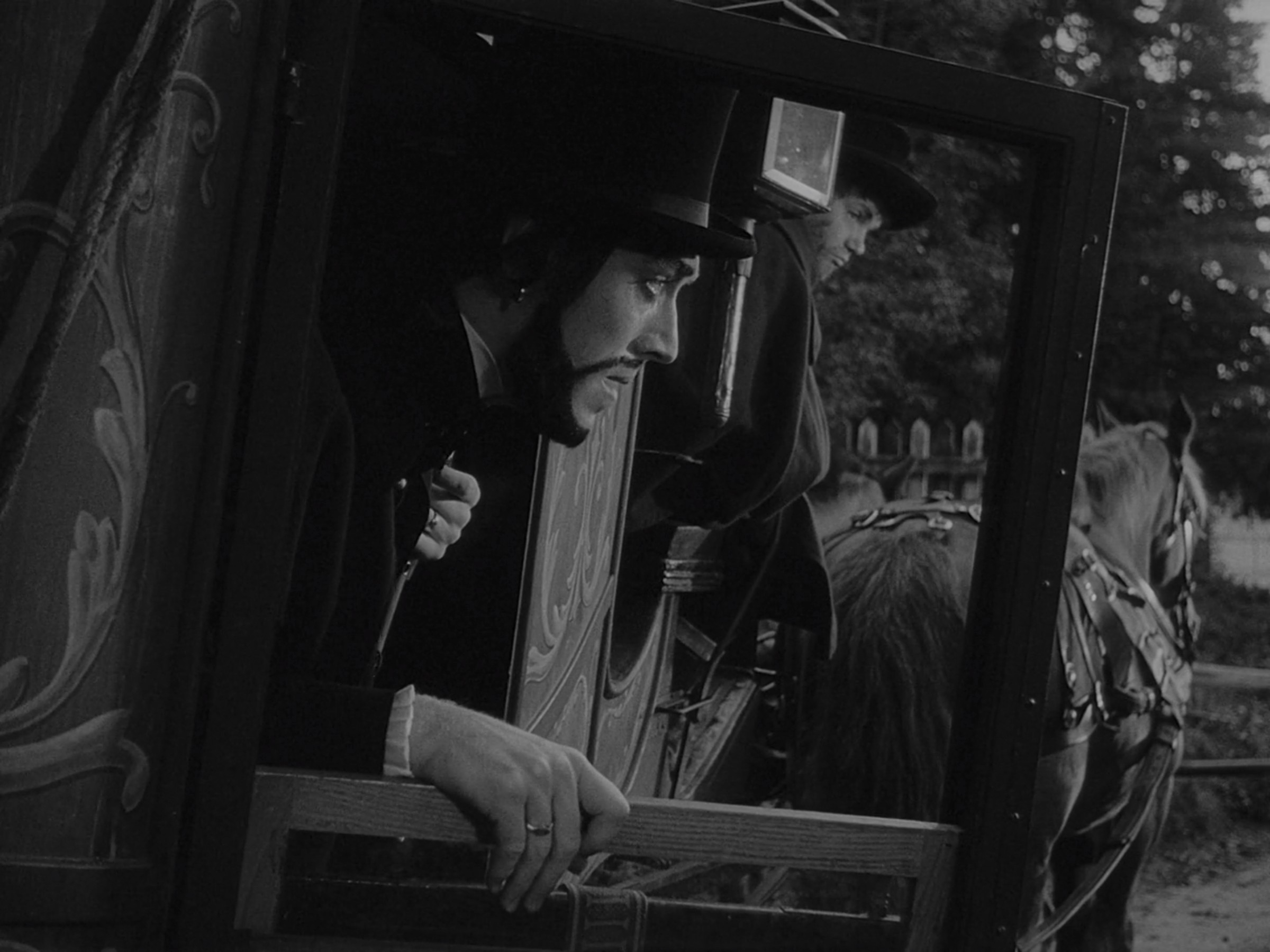
The Magician (1958)
Ingmar Bergman captures an offbeat blend of his severe dramas and graceful comedies in The Magician, turning a critical eye towards his own craft of underhanded artistic manipulations by centring a travelling troupe of con artists, and lightly exposing the fraud that unites them with their harshest critics.
-
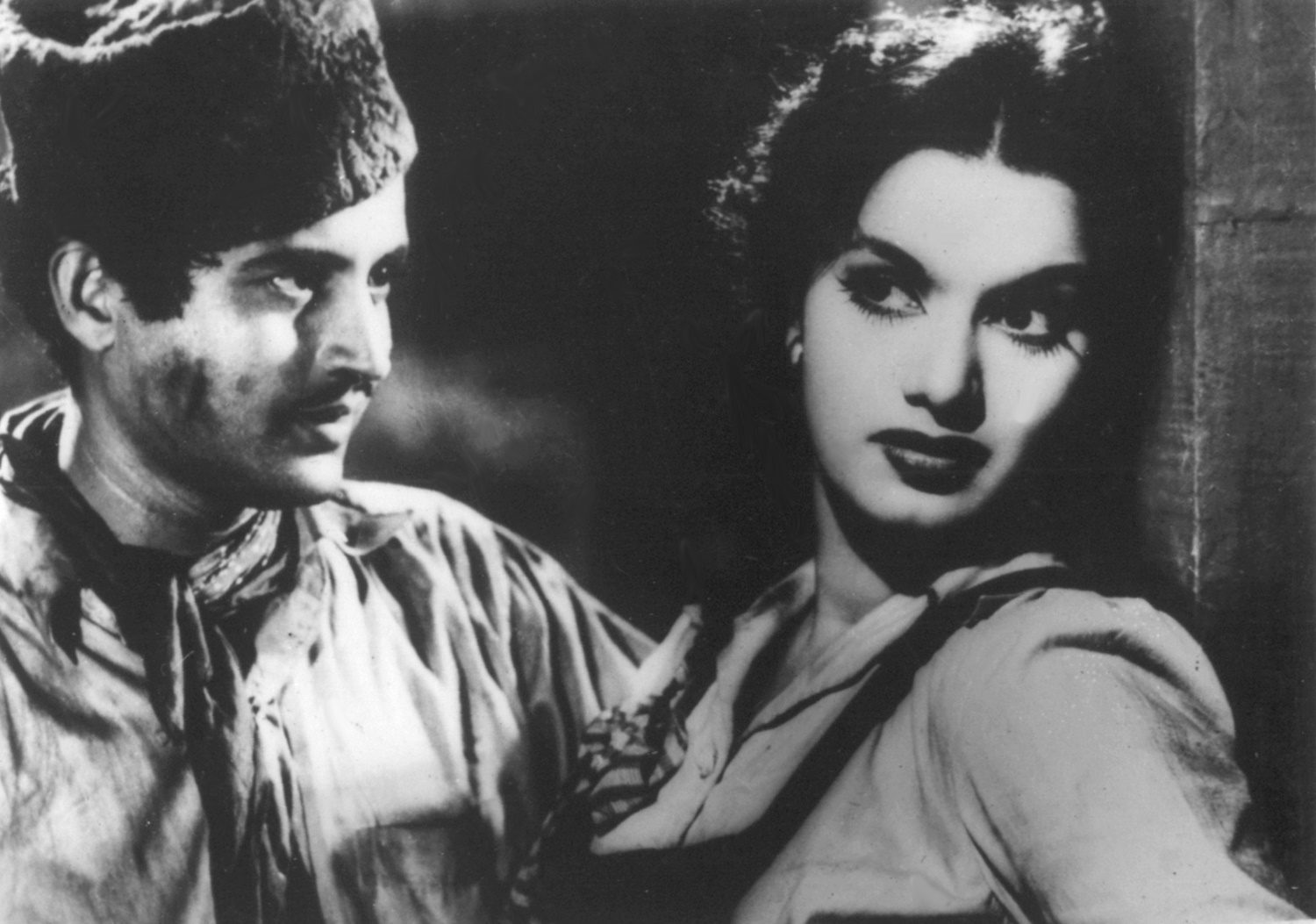
Aar Paar (1954)
Guru Dutt is incredibly resourceful in the glorious Bollywood spectacle of Aar Paar, spinning a simple love triangle off into a breezy comedy, a sumptuous melodrama, and a thrilling crime plot, and landing one high-spirited ex-convict in the middle of it all as the master of his choices.
-
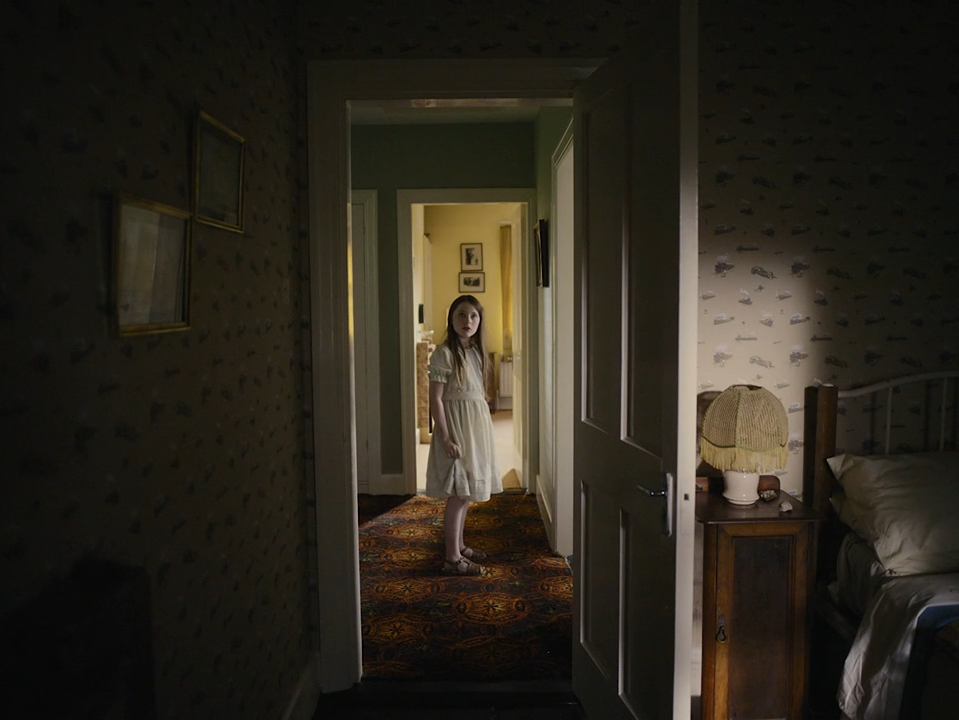
The Quiet Girl (2022)
Although young Cáit comes from an abusive home in The Quiet Girl, Colm Bairéad’s tender reflection on emotional healing proves to be a film of gentle repose, establishing a symbiotic harmony between broken children and adults alike that graciously alleviates their parallel traumas.
-
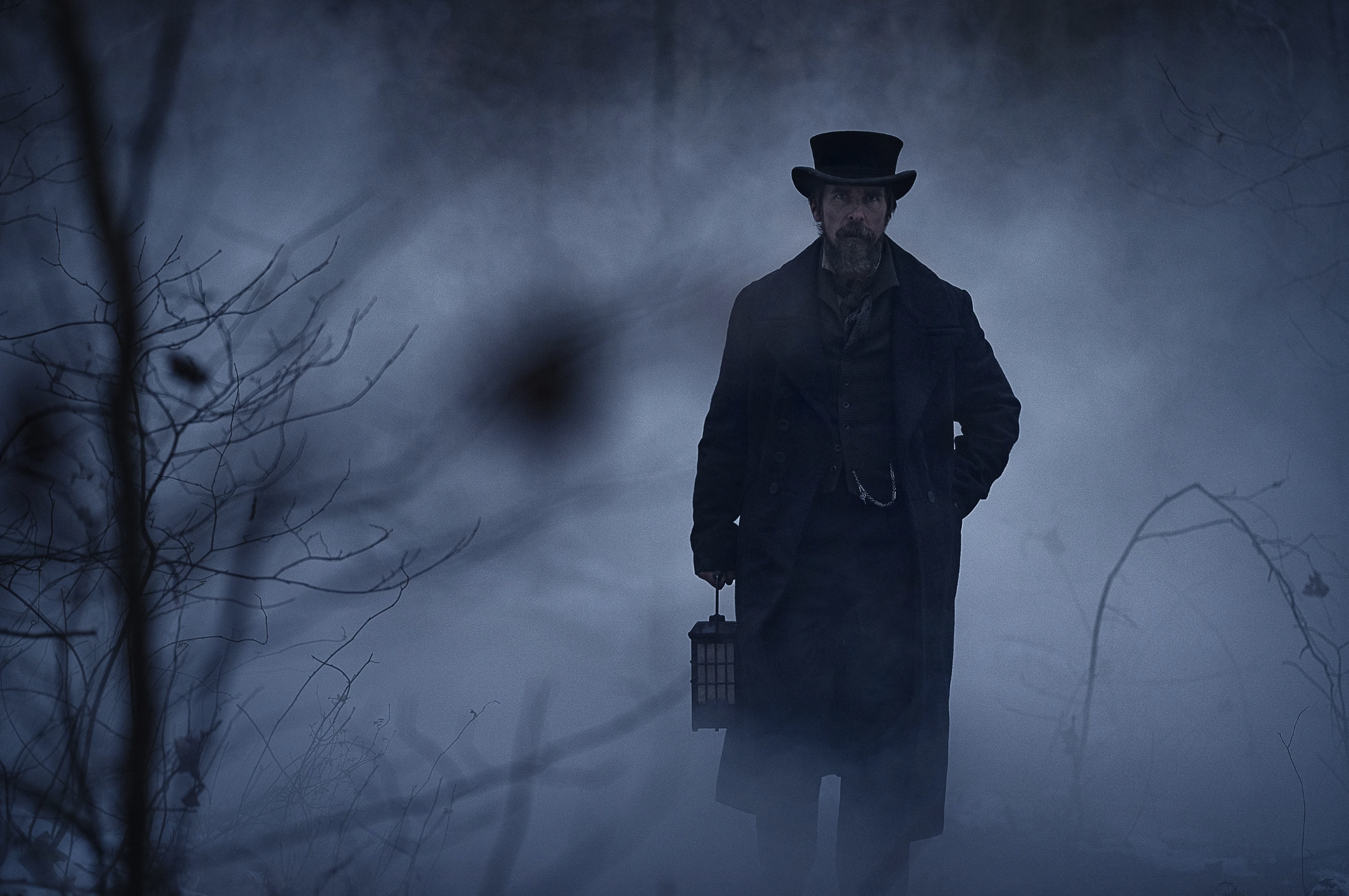
The Pale Blue Eye (2022)
As the chilly mist clears across Scott Cooper’s frozen landscapes in The Pale Blue Eye, an intriguing murder mystery of occult horror and dark family secrets emerges, conceiving what Gothic evils and melancholy regrets might have given birth to the morbid imagination of Edgar Allen Poe.
-
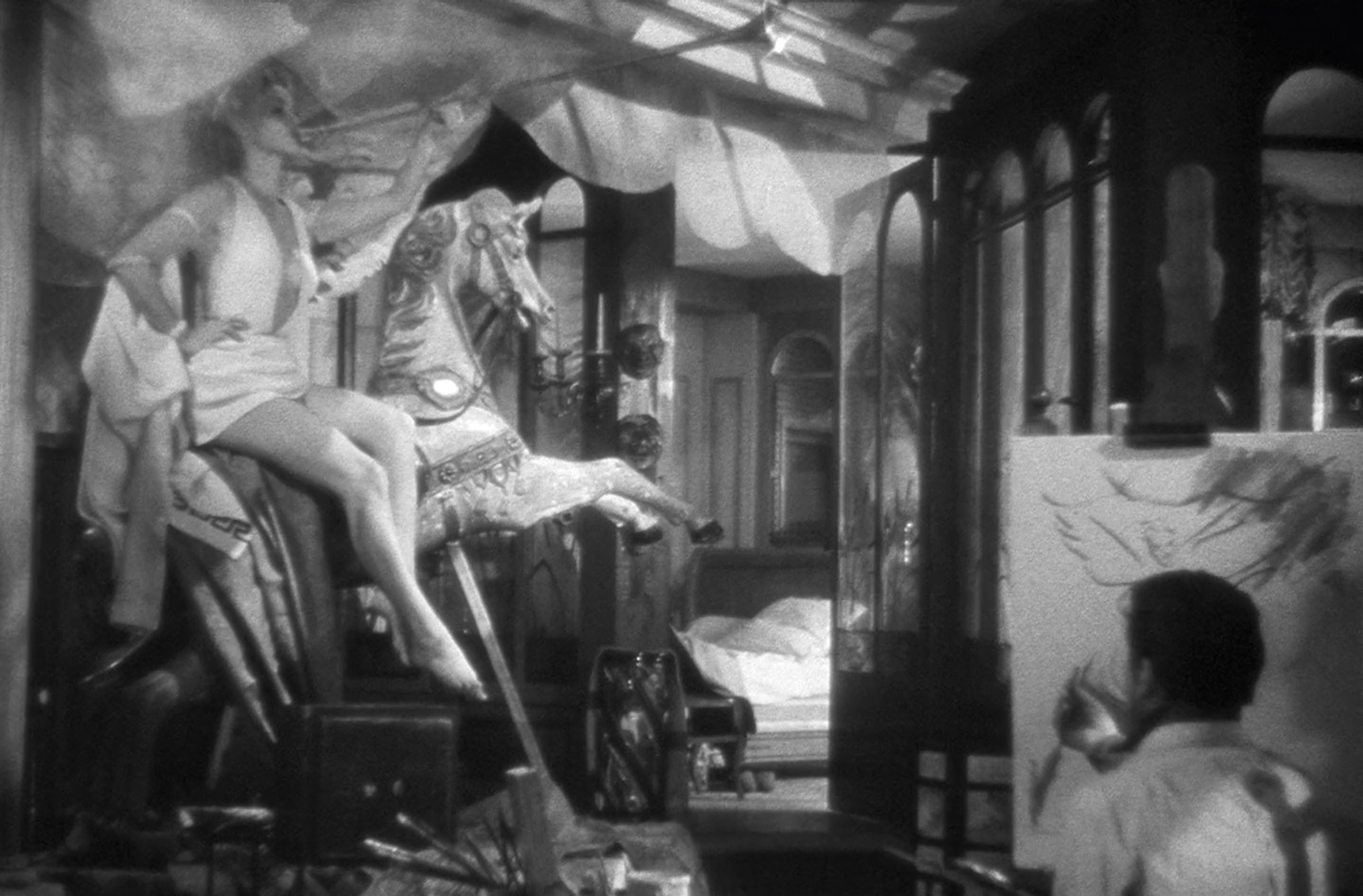
Le Plaisir (1952)
Armed with a camera that moves with all the elegance of a gentle breeze, and a sophisticated charm which lightly alternates between comedy and tragedy, Max Ophüls lays out parables of pleasure and happiness in Le Plaisir, poetically considering their shared harmonies and incongruencies.
